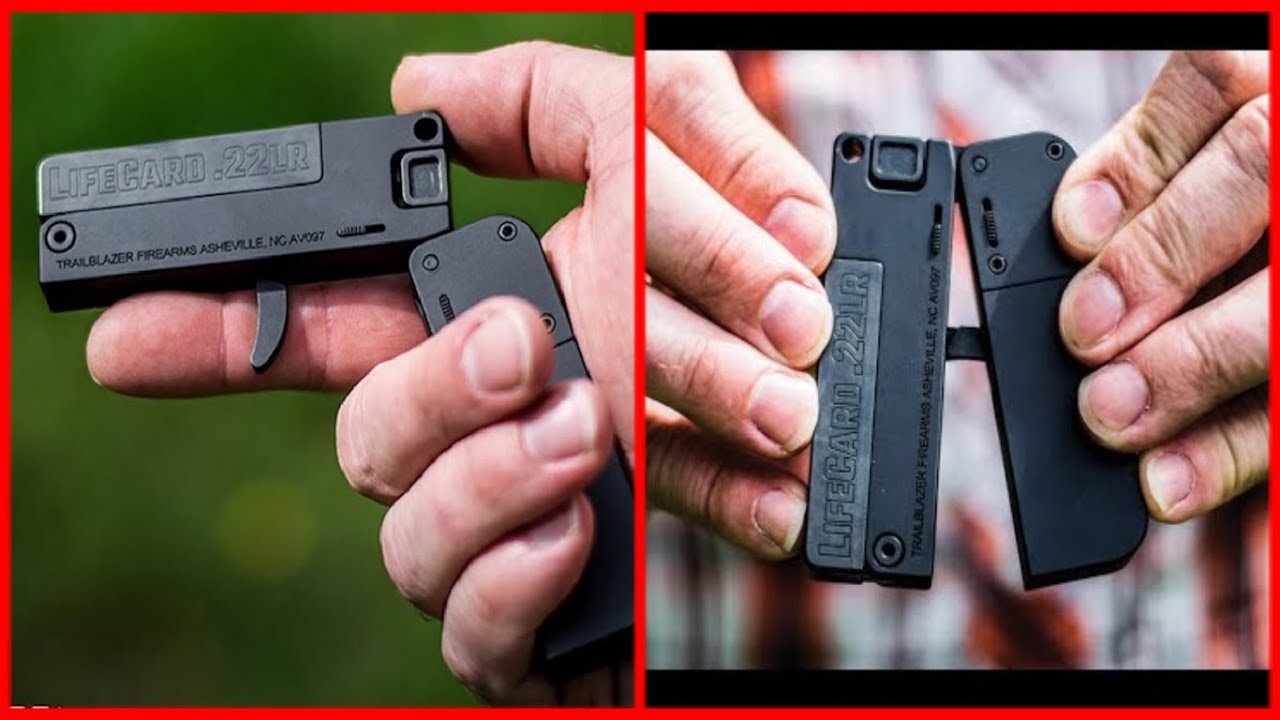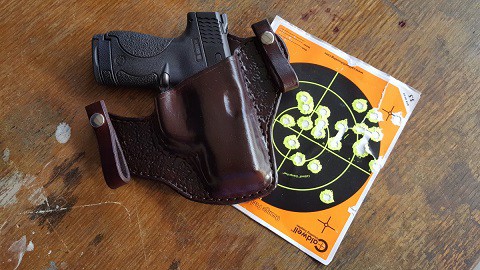1. Pepper Spray:

- Description: Pepper spray, also known as OC spray, contains capsaicin, an active ingredient that causes irritation to the eyes, nose, and throat.
- Effectiveness: Pepper spray is effective in temporarily incapacitating an attacker, allowing you time to escape or seek help.
- Legality: Pepper spray is legal in most jurisdictions, but there may be restrictions on the size and concentration of the spray. Check your local laws before carrying pepper spray.
2. Stun Guns:

- Description: Stun guns deliver a high-voltage electric shock that can temporarily incapacitate an attacker.
- Effectiveness: Stun guns are effective in deterring and incapacitating attackers, but they may not be effective against all individuals, such as those under the influence of drugs or alcohol.
- Legality: Stun guns are legal in some jurisdictions, but there may be restrictions on their use and possession. Check your local laws before carrying a stun gun.
3. Tasers:

- Description: Tasers fire two barbed darts that deliver an electrical shock, incapacitating the attacker.
- Effectiveness: Tasers are effective in incapacitating attackers from a distance of up to 15 feet.
- Legality: Tasers are generally legal for law enforcement and military use, but there may be restrictions on their use by civilians. Check your local laws before carrying a Taser.
4. Knives:
- Description: Knives can be used for self-defense, but they are considered lethal weapons in most jurisdictions.
- Effectiveness: Knives can be effective in self-defense if used properly, but they require training and skill to use safely.
- Legality: Knives are legal to possess and carry in most jurisdictions, but there may be restrictions on the type and size of knife that can be carried. Check your local laws before carrying a knife.
5. Firearms:
- Description: Firearms are the most lethal type of self-defense weapon and are highly regulated in most jurisdictions.
- Effectiveness: Firearms are effective in self-defense, but they require training and skill to use safely and responsibly.
- Legality: Firearms are generally legal to possess and carry in most jurisdictions, but there are strict regulations governing their purchase, ownership, and use. Check your local laws before purchasing or carrying a firearm.






